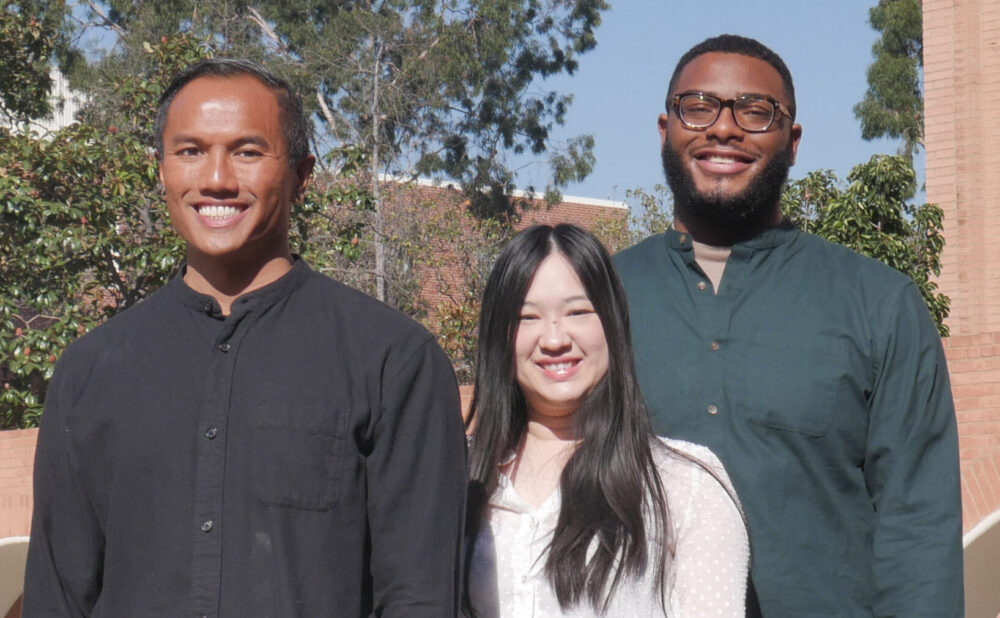Key Members of the Pullias Team Share Their Experiences with Diversity, Equity, Inclusion and Shared Equity Leadership
Three grad students at USC’s Rossier School of Education are key members of the team working on the Pullias Center and ACE’s Shared Equity Leadership (SEL) project. Jude Paul Matias Dizon, Jordan Harper and Natsumi Ueda bring their own experiences with diversity to the table with this multi-year research, which is aimed at developing practice-based insights relative to shared equity leadership in higher education.
The research focuses on shared equity leadership in higher education aimed to transform campuses to support systemically disadvantaged populations and close equity gaps. This is a resonating topic for Jude, Jordan and Natsumi. Here, they share their thoughts on how SEL has helped them grow as researchers, students and leaders.
How has your personal experience with Diversity, Equity and Inclusion (DEI) in a higher ed environment informed your role in, and perception of, the SEL study?
Jordan: I have always seen DEI work as not the work of one individual or even one office, but as the work of all who inhabit and work within the higher education space. I so appreciate the collective manner that has shaped and framed the SEL model and in my past work as a practitioner in a variety of student affairs functional areas, I have seen how moving collectively around DEI serves DEI goals and priorities well.
Jude: Before USC, I worked in diversity-focused student affairs roles at three institutions. Although I was able to do my best in supporting students one-on-one and with a few trusted colleagues, larger institutional change was stymied due to compartmentalization of equity work. The Shared Equity Leadership study demonstrates how important collaboration is for equity to be realized and embedded into the daily operations of the institution. Students are better served when they study in an empowering environment.
How do you think the significant events of 2020, in addition to the pandemic, have shaped and/or hastened the interest in SEL among institutions?
Jordan: I think the many tragic events of 2020 has shown institutions the importance of looking at everything from a systems level. It has, at minimum, started a conversation about how systems, structures, and ideologies shape institutional norms, practices, behaviors, and logics. There is so much work to do to change the system and SEL is an excellent way to start that complex work.
In your work so far, what do you believe has been the most surprising or unexpected outcome?
Jude: The different structures that we observed from the data are key to helping leaders imagine how to move away from limiting equity to a one-person role or office. I think part of the struggle in institutional change is imagining structures that might really work in advancing equity. The structures we are introducing to leaders nationally can help inspire how equity work can be collaborative and effective.
Natsumi: I believe that one of the most surprising outcomes to me is how foundational the personal journeys toward critical consciousness – self-awareness around equity issues – are for leaders to effectively practice shared equity leadership. The importance of self-awareness with regards to leaders’ own identities and roles they play as leaders in the SEL team may be unique or more salient to equity work.
How has being a part of this research helped shape your own growth as a researcher as well as a leader?
Natsumi: By being a part of this research, in particular, by helping to develop the tools that help leaders learn and execute shared equity leadership, I’ve come to learn as a researcher how to convert the knowledge we have gained from research into something that helps leaders who practice or want to practice SEL in everyday life.








